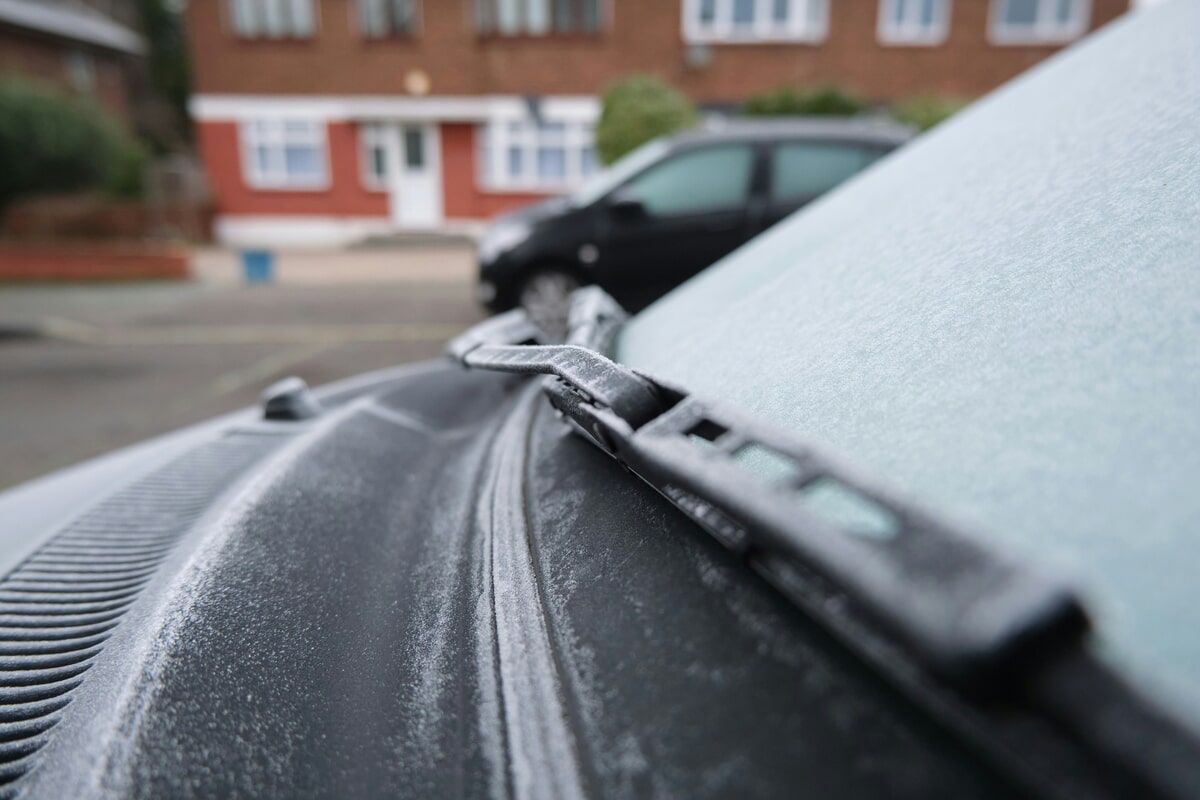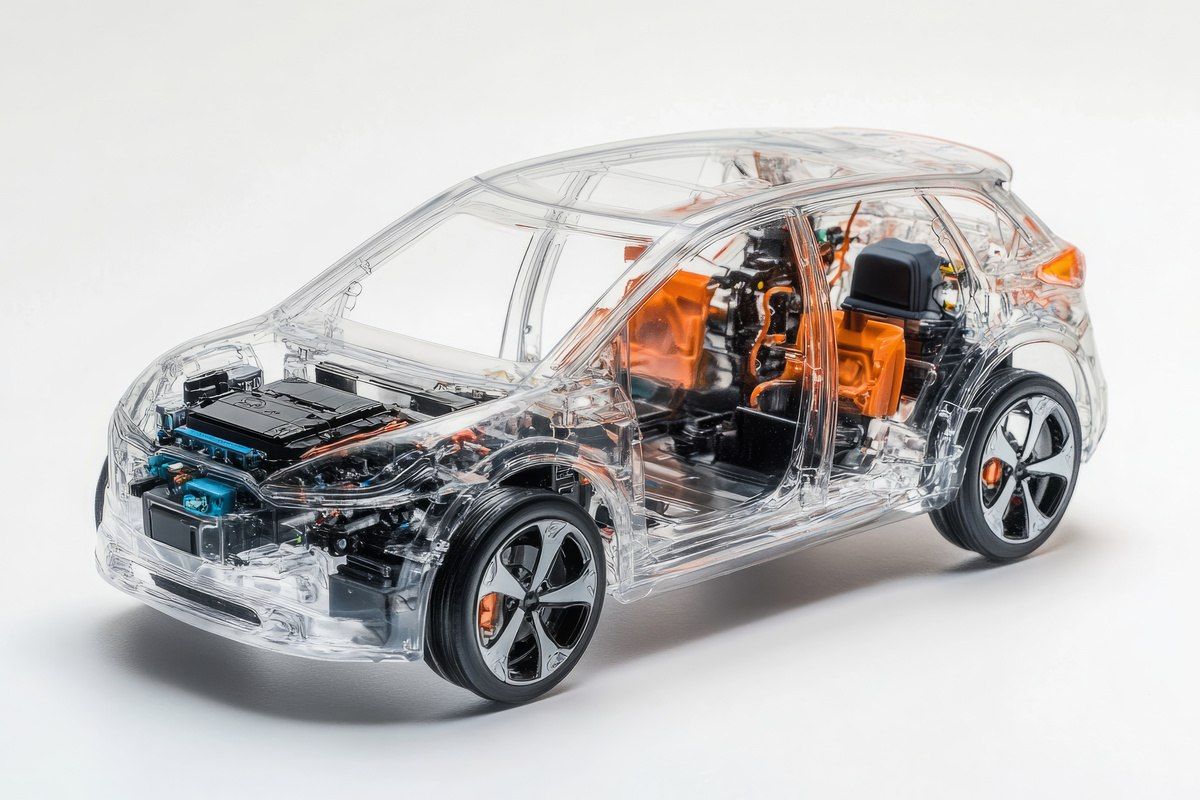5 Useful High Mileage Car Maintenance Tips
-
Written by Eric Riddles
-
Published on July 12, 2023
-
Category: General Service
Mileage is a crucial metric when considering a car's lifespan. While that may sound pretty straightforward, there's more to mileage than simply the accumulated driving distance on a car's odometer. Many people think high mileage cars must have over 200,000 miles on them, but some cars have racked up less, yet they are considered high mileage vehicles. So, what is a high-mileage car, and what maintenance, repairs, and replacements should you schedule to keep it running smoothly?

What is a High Mileage Car?
Generally, if you drive your car for more than 1,000 miles per month or 12,000 miles per year, your car may be classified as high mileage. Anything beyond that is regarded as high mileage. For example, a three-year-old vehicle with an odometer reading of 40,000 miles falls into the high mileage category.
Tips to Keep Your High Mileage Car in Good Condition
The following are practical tips to help you keep your high mileage car in good shape.
1. Oil Change and High-Mileage Oil Supplements
Every car make and model is different, but you should typically change your oil every 5,000 miles and switch to high-mileage motor oils after once the car exceeds 75,000 miles. These oils and additives are fully synthetic and can clean your fuel injectors, lubricate your engine, reduce leaks and burning oil, eliminate noise and emissions, and minimize high oil consumption in older vehicles.
2. Check and Replace Fluids
Engine oil is not the only fluid in your car. You must also check that the coolant, transmission, brake, power steering, and windshield wiper fluids are in sufficient amounts and working properly to ensure your high-mileage car operates smoothly. Also inspect the tanks and hoses for leaks and have them repaired or replaced if necessary.
3. Inspect Belts and Filters
A high-mileage car has been on motorways longer than a newer vehicle, so there's a high chance the fuel and air intake filters might be clogged and dirty. In this condition, the filters can't effectively screen dust, rust, particles, and debris from getting into the engine, causing unnecessary wear and tear. That said, check the filters periodically and replace them if they are too old or dirty. As your car maintenance technician works on the filters, request them to also check the belts, clamps, and hoses to ensure they are functioning properly.
4. Check and Replace Tires
Tires are the components that keep your vehicle moving on motorways. Ensure you schedule tire rotation as recommended, inflate them to the correct air pressure, and replace them once the treads are below 1/16 of an inch. Well-maintained tires minimize stress on the rest of the vehicle and extend your suspension's longevity.
5. Partner with a Professional Auto Repair Shop
While keeping up with your manufacturer's car maintenance schedules ensures your vehicle runs smoothly, the technician you choose to handle the repairs and maintenance tasks also matters. At Custom Complete Automotive, we provide high-quality vehicle repair and maintenance services at unbeatable prices. If your vehicle has issues, contact us today!
Find an Auto Repair Shop Near You
We have multiple auto repair shops throughout Missouri located in Columbia, Jefferson City, and St. Louis.
Eric Riddles is an ASE Certified Master Automobile Technician who has been working as an auto mechanic since 1998 and originally joined the team at Custom Complete Automotive in 2005. Eric has numerous certifications in various aspects of car repair and spent 10 years training the next generation of auto technicians at a local high school Auto Shop classroom.



